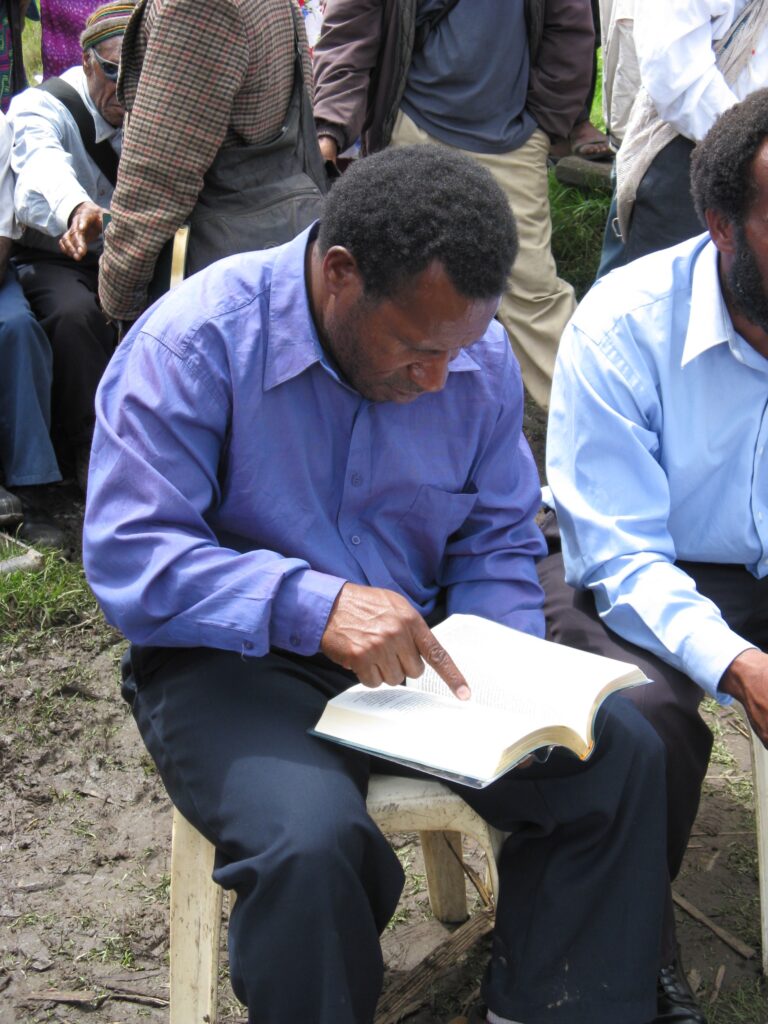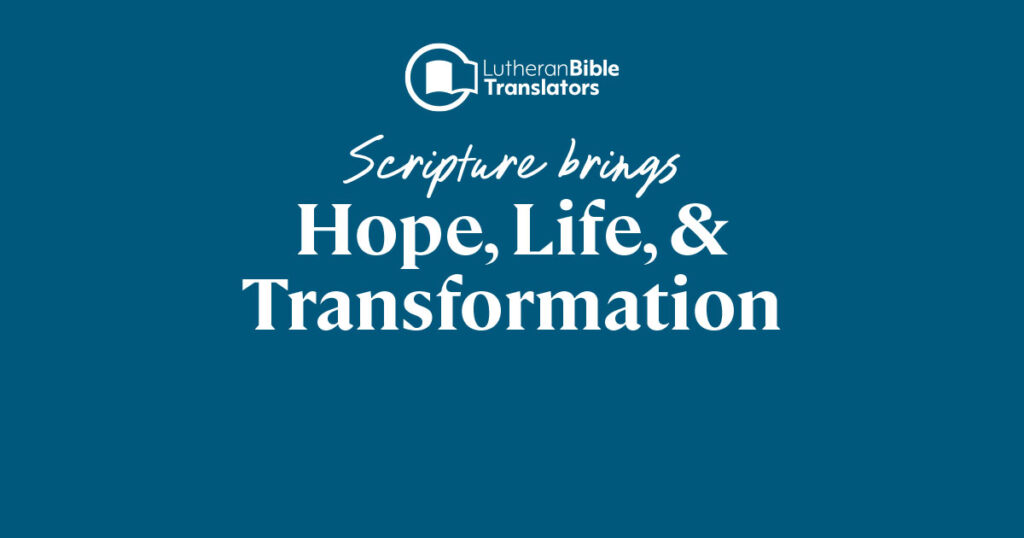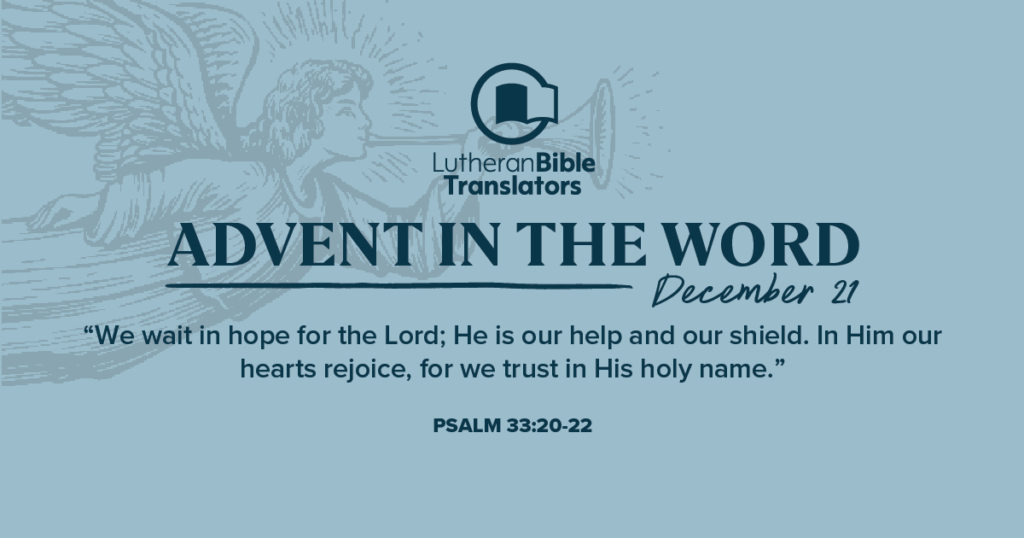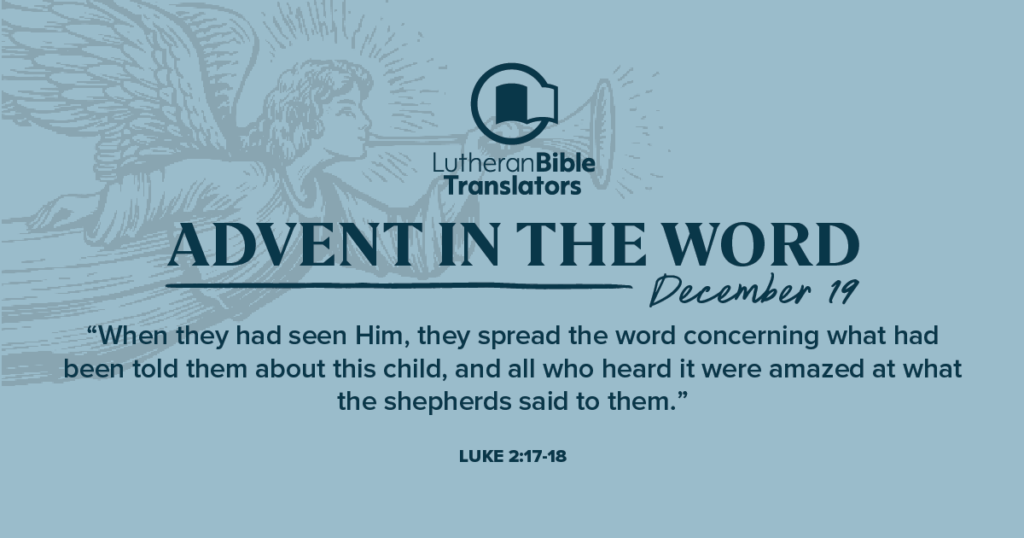Blog
Press Release: October 28, 2024
Reformation Day

The Legacy of Martin Luther’s Commitment to Accessible Scripture
As churches around the world celebrated Reformation Sunday yesterday, we remember a pivotal moment that changed the course of Christian history. October 31, 1517, is marked by Martin Luther’s act of nailing his 95 Theses to the door of the Wittenberg Castle Church, a momentous stand against corrupt practices that hindered people from experiencing God’s grace freely. More than his disagreements with the Catholic Church at the time, Luther’s impact resounds in his deep, unwavering dedication to something profound: making God’s Word accessible to everyone.
Today, his influence endures in the work of Bible translators worldwide, and his legacy remains as an inspiration for Lutheran Bible Translators. Let’s look back on how Luther’s passion for Scripture accessibility, and his efforts to educate people to read it, sparked a movement that is still at work today.

A Heart for God’s People
At the heart of Martin Luther’s mission was his love for God’s people and his desire for them to have direct access to Scripture. Luther was driven by his foundational belief that each person should be able to hear, read, and understand God’s Word in their own language. At a time when Latin was the language of the church and the educated elite, the majority of people could not read God’s Word for themselves, relying solely on the church to tell them what was in the scriptures. This gap between the clergy and the laity weighed heavily on Luther’s heart.
By translating the Bible into German, Luther didn’t just produce a text. He offered his people an invitation into a personal relationship with God, one not mediated by misunderstood words or clergy alone, but through the living, clear voice of Scripture. His work empowered believers to read and reflect, to experience God’s promises, challenges, and grace firsthand.

A Commitment to Clarity
Luther’s work was not only about translation but also about ensuring that the text was meaningful and clear. He devoted significant time to capturing the essence of Scripture in a language that his fellow Germans would readily understand. His translation choices were rooted in a deep understanding of the local language, culture, and customs, so much so that his German translation of the Bible became foundational to the development of the modern German language.
This commitment to clarity isn’t just historical; it’s the heart of Bible translation today. To communicate God’s message, translators must understand both the linguistic and cultural nuances of the communities they serve. As Luther bridged a gap, so do today’s translators, ensuring that God’s Word reaches people where they are, in words they can understand.
Education as scripture engagement
One of Luther’s lesser-known contributions was his passion for education. He believed that Scripture was most powerful in the hands of people who could read it and engage with it critically. Luther advocated for public schooling, a radical concept in his day, and championed the education of children and adults alike. His writings, hymns, and catechisms became tools for teaching, helping people not just to recite but to understand the meaning of Scripture deeply.
Lutheran Bible Translators sees the importance of education as a vital component of Bible translation ministry. Literacy programs and training enable communities to read, reflect on, and grow in the knowledge of Scripture with the ultimate goal of people being equipped to fully engage and be transformed by the Word of God.
Reformation Today: A Legacy Unfinished
This Reformation Day, as we reflect on the powerful work that began centuries ago, may we be inspired by Luther’s commitment to bringing God’s Word to all people. More than 500 years after his courageous stand, his vision remains relevant, especially as nearly a billion people today still lack access to Scripture in the language they understand best. Let us continue to translate, educate, and empower, believing that every community, every language, and every individual is worth the time and effort to connect with God’s transformative truth.
As we remember the Reformation, we invite you to join us in prayer and partnership, embracing the call to make God’s Word accessible, meaningful, and life-changing for generations to come.






Leave a Reply
You must be logged in to post a comment.